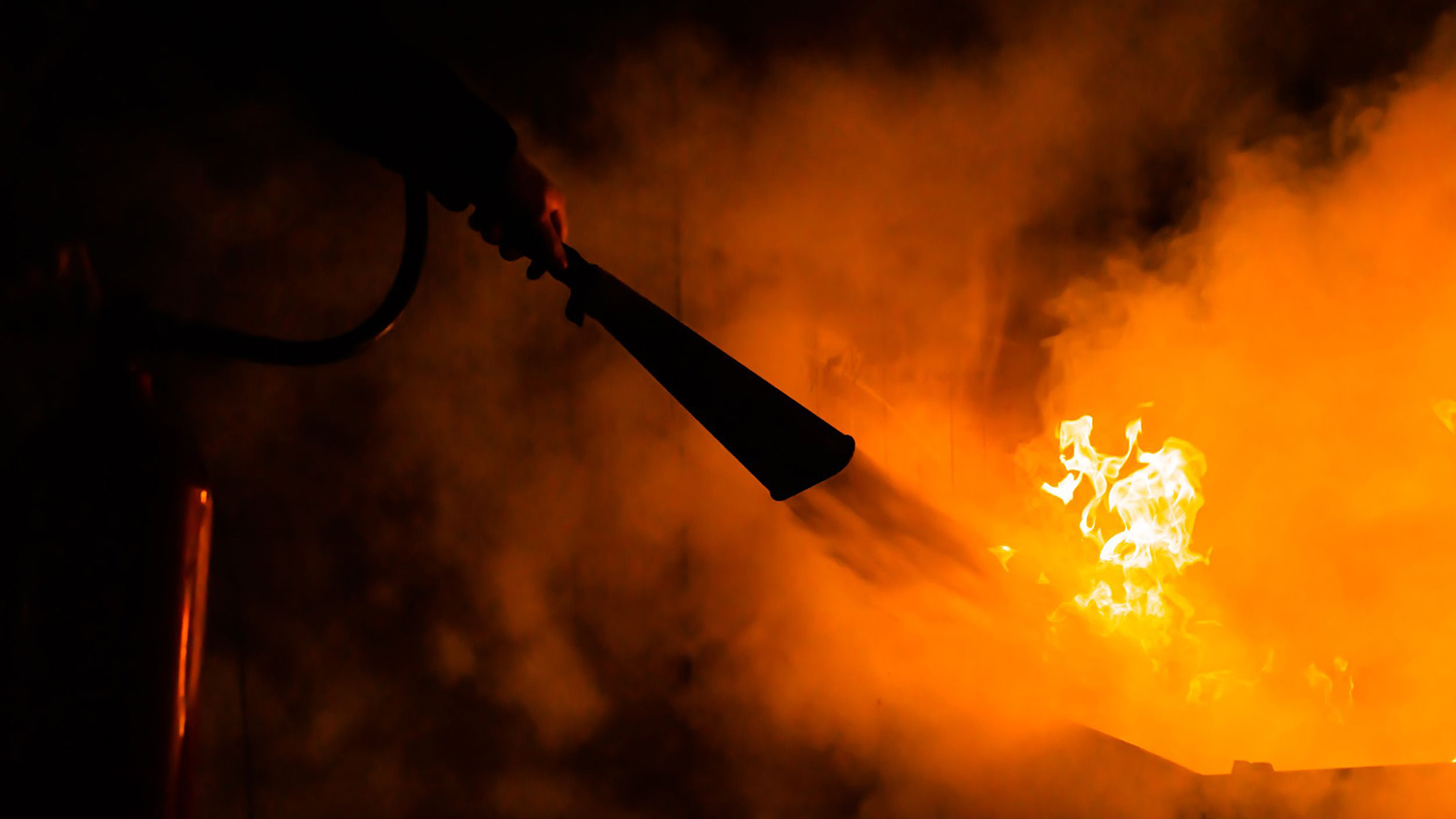The Fire Safety Bill has been introduced as part of the government's commitment to improving building safety. The Bill was given its first reading on 19 March 2020.
The government has said, "The proposed Fire Safety Bill builds on action already taken to ensure that people feel safe in their homes, and a tragedy like the Grenfell Tower fire never happens again."
The Bill, however, does not go as far as many commentators would suggest. It essentially clarifies the duties under the Regulatory Reform (Fire Safety) Order 2005 for multi-occupancy residential buildings of any height and lays the foundations for further legislation.
External walls and doors to be risk assessed
The Bill will amend the Order to clarify that it applies, when the premises is a building containing two or more sets of domestic premises, to:
- The building's structure and external walls and any common parts, including doors or windows in those walls and anything attached to the exterior of those walls including cladding, insulation, fixings and balconies.
- Doors between domestic premises and common parts.
These clarifications seek to ensure that the responsible persons for multi-occupied residential buildings include an assessment of risk of fire and fire spread in respect of these parts of the premises and take general fire precautions to ensure the premises are safe.
The clarification affirms that fire and rescue authorities can take enforcement action under the Order against responsible persons if they have failed to comply with their duties in respect of these parts of a premises. This will complement the existing powers of local authorities under the Housing Act 2004 in relation to unsafe premises resulting from the risk of external fire spread.
Foundation for further legislation
The Bill also provides a power to ensure that the relevant authority (the Secretary of State or the Welsh Ministers) can amend the Order, after consultation and by regulations, to change or clarify the types of premises failing within its scope, either permanently or through transitional or saving provisions. This should allow the government to respond quickly to developments in the design and construction of buildings.
The aim is that the Bill will provide a foundation for secondary legislation to take forward recommendations from the Grenfell Tower Inquiry phase one report.
Next steps
Whilst the Bill will clarify the scope of the Order and therefore should improve the safety of buildings from a fire risk perspective, we anticipate that forthcoming legislative developments following the recommendations in the Grenfell Tower Inquiry phase one report and the Dame Judith Hackitt Review will have a greater impact in this regard.
The date for the second reading of the Bill is yet to be announced. Nonetheless, businesses should consider the risks of any external wall system and fire doors in their fire risk assessments without waiting for the Bill to be passed through parliament into law in line with the current government guidance, 'Building safety advice for building owners, including fire doors'.
Ashley Borthwick is a Managing Associate and Jon Cooper is a Partner at Womble Bond Dickinson.
You may also be interested in
RELATED CONTENT
RELATED COURSES

The Fire risk assessment course is designed for individuals responsible for managing fire safety in a workplace or building.

The Fire safety course introduces learners to the dangers, controls and responsibilities associated with fire safety.

The Fire warden course provides the knowledge and skills for a fire warden to identify hazards and prevent fires.

Introduction to health and safety gives learners a basic introduction to managing safety in their workplace.

With many changes introduced by the Building Safety Act 2022, implemented in April 2022, there remains some confusion over who’s responsible for what ...

Over 60% of people responsible for fire safety in the workplace believe they “could be doing more to ensure the building is fire safe".

From 23 January 2023, responsible persons will be required to comply with additional responsibilities introduced under the Fire Safety (England) Regul...

The Fire Safety Bill has been introduced as part of the government's commitment to improving building safety.